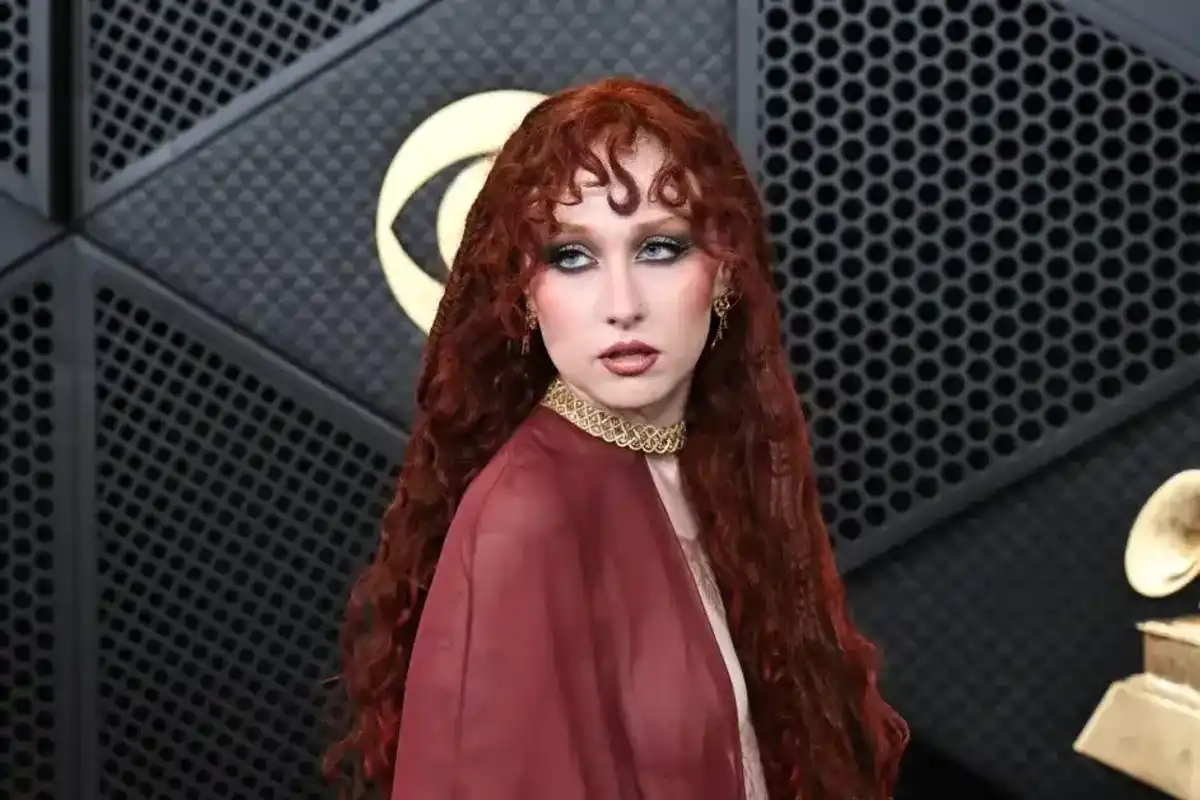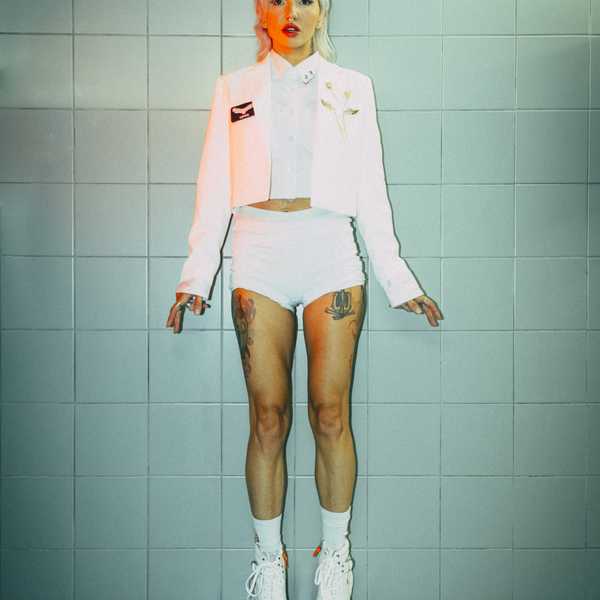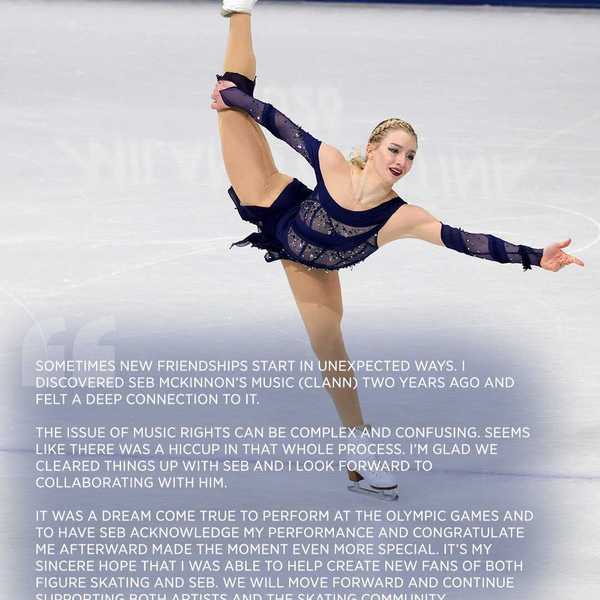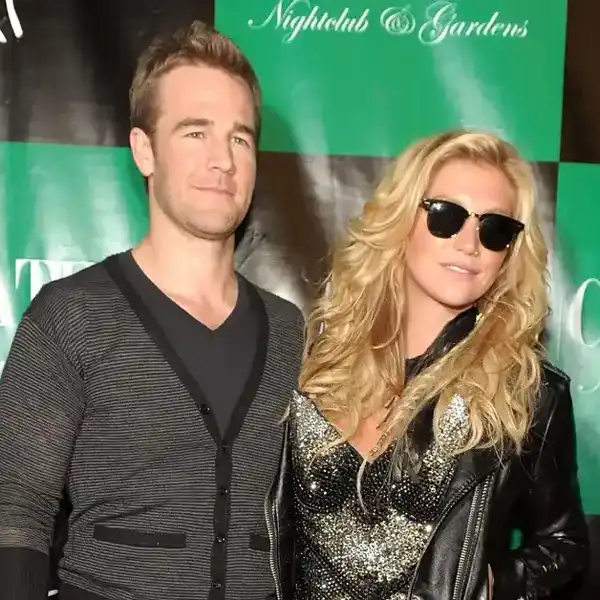
By FYI Staff
Born of Mohawk and Cayuga and Jewish descent, Jaime Royal “Robbie” Robertson was born in Toronto on July 5, 1943, and scrapped around Toronto playing guitar in a series of bands before joining Ronnie Hawkins and the Hawks with drummer and future The Band member Levon Helm when he was in his late teens.
According to Wikipedia, the first band Robertson joined was Little Caesar and the Consuls, formed in 1956 by pianist/vocalist Bruce Morshead and guitarist Gene MacLellan. He stayed with the group for almost a year, then in 1957 he formed Robbie and the Rhythm Chords with his friend Pete "Thumper" Traynor (who would later found Traynor Amplifiers). They changed the name to Robbie and the Robots after they watched the film Forbidden Planet and took a liking to the film's character Robby the Robot. Traynor customized Robertson's guitar for the Robots, fitting it with antennae and wires to give it a space-age look. Traynor and Robertson joined with pianist Scott Cushnie and became The Suedes. At a Suedes show on October 5, 1959, when they played CHUM Radio's Hi-Fi Club on Toronto's Merton Street, Ronnie Hawkins first became aware of them and was impressed enough to join them for a few numbers.
Hawkins hired him as a bassist in The Hawks, and Robertson switched to lead guitar, becoming strongly influenced by American blues-rock guitarist Roy Buchanan who himself was briefly a Hawk.
Much of Robertson’s career was fortuitously guided by happenstance and when Bob Dylan retreated to the bucolic town of Woodstock in northern New York state to recover from a reported motorbike accident and shake the unwanted mantle of spiritual leader for the American acoustic folk movement, he had his manager call Robertson to join him with Helm, and it was there that they recorded the Basement Tapes. It was there too that Music From Big Pink was gestated with Robertson credited for songs on that album that included Chest Fever, The Weight, Caledonia Mission, and To Kingdom Come. The album’s release on Capitol Records hit like a bolt of lighting in 1968, starkly different from any other albums in a year that was bolted down by a mish-mash of artists ranging from The Doors, Cream and Jimi Hendrix to Glen Campbell, Herb Alpert and the Tijuana Brass, and Simon and Garfunkel.
In a moment, The Band was launched and the year following the eponymously titled second album, The Band, was released with the evergreen The Night They Drove Old Dixie Down included on it. After making the cover of Time magazine and pretty much conquering the world with their mix of authentic Americana music captured on five subsequent albums, Robertson, Helm, Rick Danko and Richard Manuel were pretty much done as a unit by 1976 when concert promoter Bill Graham booked The Band at the Winterland Ballroom in San Francisco for a grand finale with an A-list of guests that included Hawkins, Muddy Waters, Paul Butterfield, Dr. John, Bob Dylan, Eric Clapton, Van Morrison, Neil Dimond, Joni Mitchell, Neil Young, Emmylou Harris, Paul Butterfield and others. The Winterland concert was called The Last Waltz, and filmmaker Martin Scorsese filmed it. The audio became a benchmark 2-LP live recording, and Scorsese’s film of the concert became a seminal rockumentary.
Robertson went on to pursue a solo career perhaps notably highlighted by his first release, Robbie Robertson, produced by fellow Canadian Daniel Lanois with a flotilla of A-listers guesting, with Danko and Hudson also making appearances. Its sequel, Storyville also earned distinction and, again, included Danko and Hudson contributing.
His last and sixth solo alum was Sinematic, released in 2019 with Van Morrison among guest artists making appearances.
He also pursued projects with Scorsese, contributing to movies that included Carny, Raging Bull, The King of Comedy, The Colour of Money, Casino, The Departed, Gangs of New York, and The Irishman.
In 2016, Robertson published a well-received memoir, Testimony. A full-length documentary, Once Were Brothers: Robbie Robertson and The Band, opened the Toronto International Film Festival in 2019. It includes interviews with Bruce Springsteen, Eric Clapton, Martin Scorsese and Peter Gabriel and continues to stream on Canadian television.
His death was made public via a statement from his family posted on social media: “Robbie was surrounded by his family at the time of his death, including his wife, Janet, his ex-wife, Dominique, her partner Nicholas, and his children Alexandra, Sebastian, Delphine, and Delphine’s partner Kenny. He is also survived by his grandchildren Angelica, Donovan, Dominic, Gabriel, and Seraphina."
Robertson recently completed his fourteenth film music project with frequent collaborator Martin Scorsese, Killers of the Flower Moon. In lieu of flowers, the family has asked that donations be made to the Six Nations of the Grand River to support a new Woodland Cultural Centre.”
Among the many statements made on his passing yesterday:
Justin Trudeau on Twitter: “Guitarist. Songwriter. Storyteller. Robbie Robertson was a big part of Canada’s outsized contributions to the arts. I’m thinking of his family, friends, and fans who are mourning his loss. Thank you for the music and the memories, Robbie.”
Bryan Adams, Twitter: “RIP Robbie Robertson. Thanks for the amazing music and the great hangs, especially photographing you in LA not so long ago. We'll keep Anna Lee company for you...”
Joni Mitchell, Twitter: “Rest in peace Robbie Robertson, legendary lead guitarist of The Band, fellow Canadian, and cherished collaborator of Joni's. May his legacy and musical harmony resonate for generations to come.”
Larry LeBlanc, Celebrity Access: “While Neil Young, Joni Mitchell and John Kay were fighting their way through Toronto’s Yorkville Village’s folk clubs in the 1960s, Ronnie Hawkins, backed by Levon and the Hawks– Levon Helm, Robbie Robertson, Garth Hudson, Richard Manuel and Rick Danko–reigned on downtown Yonge Street. The Yonge Street bar strip was then a ‘Life is A Carnival’ maze of flickering neon lights, honking car horns, and fast people. “Local musicians, as well as myself and others, would fight nightly for seats as the Hawks held court in a raucous style Toronto bar crowds expected from young players backing a colourful Fayetteville, Arkansas rock and roller who’d tell us, ‘Live fast, live hard, die young, and leave a be-yu-ti-ful memoree.’
"' We were really going strong in those days,’' Hawkins once told me. 'We were just experimenting; how much we could cram in, how much we could learn'.’”
“In listening to the Band’s debut album, Music From Big Pink and the slim collection of albums that followed, we knew that the years of such ‘woodshedding’ paid off. As well Robbie Robertson’s enduring legacy as a master Strats guitarist lived on with local players including the late Domenic Troiano and Freddie Keeler as well as more recently Colin Linden.
“And even those who didn’t play guitar growing up in Toronto, like myself, we still wanted to be Robbie Robertson, the coolest of the cool. I got to interview him numerous times over the years, and his music is part of my DNA.”
Kevin Shea, Facebook: “…. I knew Robbie’s resume: Ronnie Hawkins and the Hawks, followed by backing Bob Dylan and then The Band. All are seminal figures in Canada’s musical history.
“There was something magical about Robbie Robertson, his eponymous album release. Listening to the album felt like I was riding along the blue highways in a classic convertible, Robbie at the wheel, the wind whipping through our hair, both of us smiling like the butcher’s dog as he regaled me with stories about the people he’d met along the way.
“It didn’t hurt MCA Records Canada that Robbie Robertson was Canadian; a boy born in Toronto who had spent a great deal of time with his mother’s family on the Six Nations Reserve near Brantford, Ontario. Hamilton native Daniel Lanois produced the album and brought along his friends Peter Gabriel and U2 to contribute.
“Showdown at Big Sky, with the BoDeans backing Robertson, was the first track for rock radio, and we did exceptionally well with it. Broken Arrow, later covered by Rod Stewart, was a fabulous track, as was Hell’s Half Acre. But the track that garnered surprising and significant attention at rock radio, adult contemporary as well as Top 40 was Somewhere Down the Crazy River, with Robbie rhapsodizing about life along the blue highways. “Yeah, I can see it now. The distant red neon shivered in the heat. Take a picture of this. The fields are empty, abandoned ’59 Chevy, laying in the back seat listening to Little Willie John.”
“I can never hear that song without thinking of our dear friend Nevin Grant. His Top 40 radio station, CKOC Hamilton, added Somewhere Down the Crazy River instantly and took it into the top ten, unusual for a song in which the artist speaks the verses and sings the chorus. By CKOC playing the song, many similar stations followed suit, and we earned an unlikely Top 40 hit.
“The album left an indelible impression on me. One day soon, I plan to fill the car with gas and drive the blue highways from Toronto to Tobermory, passing through Shelburne, Flesherton, Markdale, Owen Sound and Wiarton on my way to the Bruce Peninsula, exploring my province and my personal roots with Robbie Robertson providing the soundtrack as I go.
“Thank you for the music and memories, Robbie. God bless you.”
Nicholas Jennings, Facebook: “Stepping off a Greyhound bus from Toronto in 1961, a 17-year-old boy found himself in West Helena, Ark., by the banks of the Mississippi River, unable to believe his senses. “It smelled different and moved different,” Robbie Robertson once told me. “The people talked and dressed different. And the air was filled with thick and funky music.” The experience left an indelible impression on the budding guitarist and songwriter.
“When he released his post-Band solo debut years later, the album’s most explicitly autobiographical song was Somewhere Down the Crazy River, which related Robertson’s experience in the American South. The inspiration came late one night in the recording studio. Robertson, an engaging storyteller, was recounting his arrival in the Mississippi Delta. His conversation so enthralled producer Daniel Lanois that he started rolling the tape.
“The result, a richly cinematic narrative, magically takes the listener back to that day in 1961. “A stranger in a strange land,” Robertson growls, “I followed the sound of a jukebox coming from up the levee.” Walking past abandoned Chevys in empty fields, he explored that world—entranced, but with his eyes and ears wide open. That song, like so much of Robertson’s music, still retains that magic.
“Now Robbie Robertson is gone, dead at the age of 80. Condolences to his family, friends and fans the world over.”
– Sources: Wikipedia, Variety. and Classic Rock & Culture

















